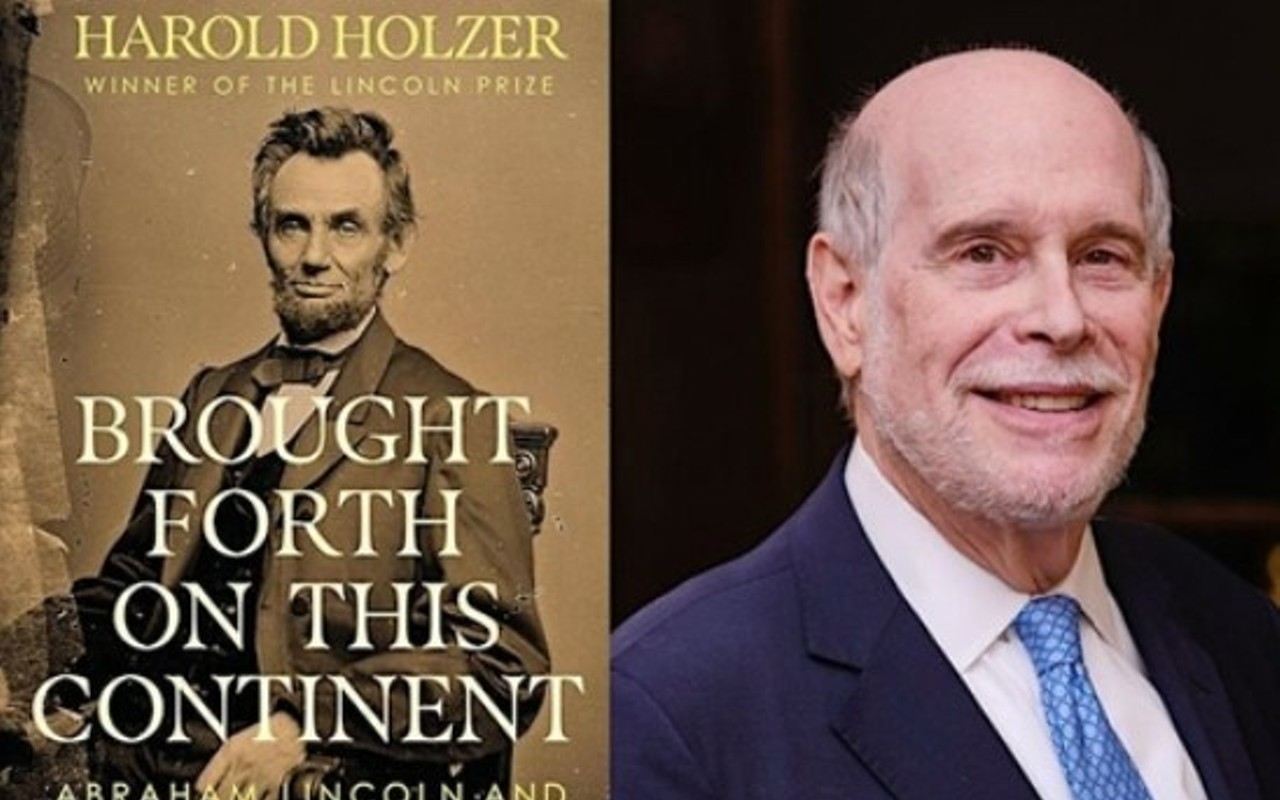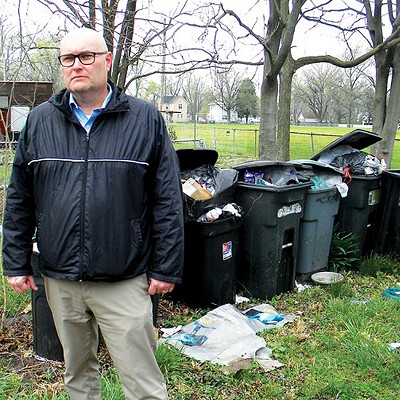Everybody has an opinion on Millennials, says Norm Sims, and most are unflattering. He says the facts paint a different picture than a generation supposedly defined by laziness and entitlement.
“There’s all this negative stuff out there,” Sims said, “but I just don’t find that in the data anywhere.”
Sims, who serves as executive director for the Springfield-Sangamon County Regional Planning Commission, authored a report released Dec. 10 on the much-discussed Millennial generation. The report addresses how that generation may affect the future of Springfield and Sangamon County, and how local governments can make the most of that future.
Setting aside the wildly divergent opinions of Millennials in popular media, Sims looked at survey and demographic data, which revealed Millennials aren’t so different from their predecessors.
“In many ways, the differences between the Millennials and the four previous generations simply represent the continuation of trends already at work in the U.S. population,” Sims said.
Sometimes called “Generation Y,” the Millennial generation is defined as people born after 1980 and coming of age after the year 2000. Millennials are the largest population group at 75.3 million, eclipsing the Baby Boomers, who peaked at 78.8 million in 1999 but have begun to decline in numbers due to mortality.
The report is as much about the Boomer generation as it is about Millennials. Sims notes that he’s a Boomer himself, acknowledging that his perceptions may color his findings. Rather than trying to distinguish Millennials from Boomers, however, he spends much of the report explaining how Boomers have influenced Millennials and noting parallels between the two generations.
“If the result is that this report only views the Millennials through the eyes of a Boomer,” Sims said, “those eyes see more similarities than differences, and where the differences exist, ones that may serve the Millennials well in the world that the previous generations are leaving them.”
Instead of trying to compare 25-year-old Millennials with 65-year-old Boomers, Sims’ report uses data from the Pew Research Center and other groups to compare benchmarks of generations at the same age.
Sims notes that the Millennial generation in the U.S. is more racially and ethnically diverse, more liberal, less trusting of large institutions like political parties and churches, slower to marry and start families, likely to carry large student loan debt and the most highly educated generation in American history.
He notes that many of the trends seen in Millennials result from social and economic conditions created by Boomers. One example is Boomers staying in the job force longer, reducing the jobs available to Millennials. As a result, Millennials are less likely to be employed than Boomers were at the same age, and they make less money now than their predecessors did at the same age.
The takeaway for local leadership, Sims told Illinois Times, is to first “quit talking about Millennials as if they’re some alien group.”
While Sims found support in the data for the notion that Millennials prefer urban environments, he says that generation gravitates toward urban centers which are larger than Springfield. As such, efforts to recruit Millennials to smaller cities like Springfield must focus on building trust in and rapport with local institutions, implementing technology smartly, improving public engagement in government and offering a vision for the community. Most of all, Sims says, local leaders must hand over the brush used to paint the big picture.
“Tell them where you want to go and the importance of the different steps to get there, and then give them a chance to imagine their roles within that,” he said.
Sims says he is confident and hopeful about the Millennial generation.
“I’m very positive about this generation,” he said. “Much more so than if I had just read popular comments.”
View the report online at bit.ly/millennialSangCo.
Contact Patrick Yeagle at [email protected].
‘Millennials’ report contains advice for local leaders
[
{
"name": "Air - MedRect Combo - Inline Content 1",
"component": "11490391",
"insertPoint": "3",
"requiredCountToDisplay": "1",
"parentWrapperClass": "fdn-ads-inline-content-block"
},{
"name": "Air - MedRect Combo - Inline Content 2",
"component": "11490392",
"insertPoint": "7",
"requiredCountToDisplay": "5",
"parentWrapperClass": "fdn-ads-inline-content-block"
},{
"name": "Air - MedRect Combo - Inline Content 3",
"component": "11490393",
"insertPoint": "12",
"requiredCountToDisplay": "9",
"parentWrapperClass": "fdn-ads-inline-content-block"
}
]
Illinois Times has provided readers with independent journalism for almost 50 years, from news and politics to arts and culture.
Your support will help cover the costs of editorial content published each week. Without local news organizations, we would be less informed about the issues that affect our community..
Got something to say?
Send a letter to the editor and we'll publish your feedback in print!


















